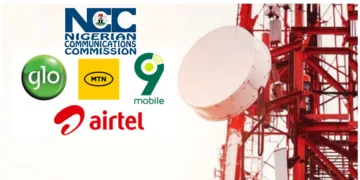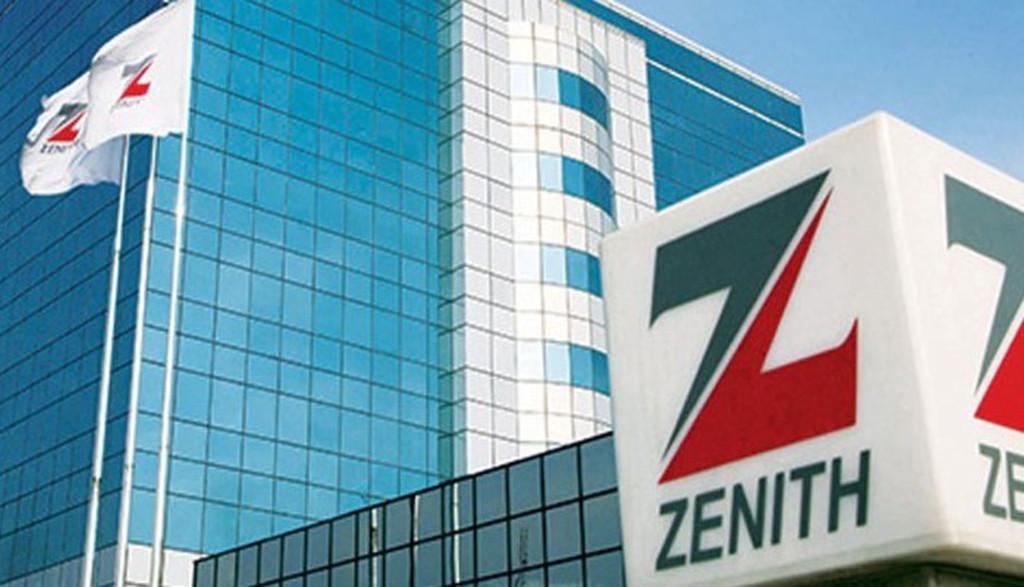In recent weeks, Nigeria’s telecommunications landscape has been shaken by the Nigerian Communications Commission’s (NCC) approval of a 50% increase in tariffs for data, calls, and SMS services. This decision, marking the first significant hike in over a decade, has ignited widespread concern among small and medium-sized enterprises (SMEs) that depend on affordable communication services for their daily operations.
The telecom sector justifies the increase by pointing to escalating operational costs, including foreign exchange shortages, rising energy prices, and regulatory burdens. For instance, MTN Nigeria, the country’s largest operator, reported a loss after tax of ₦514.9 billion in the first nine months of 2024, primarily due to naira depreciation. Similarly, Airtel Africa faced $151 million in forex losses during the same period.
Join our WhatsApp ChannelHowever, for many SMEs, this tariff hike threatens to erode already thin profit margins. These businesses rely heavily on cost-effective communication solutions to manage operations, engage with customers, and drive sales. The increased costs could force some to scale back their activities or even risk closure.
SMEs Voice Their Concerns
To understand the real-world impact of these tariff hikes, we spoke with several SME owners across Nigeria.
Chinedu Okeke, who runs a logistics company in Lagos, expressed his apprehension: “Our business model relies on constant communication with clients and drivers. With the new tariffs, our monthly expenses on calls and data are set to skyrocket. It’s a significant blow to our operational budget.”
In Abuja, Amina Yusuf, owner of a small online retail store, shared similar sentiments: “Affordable internet access is the backbone of my business. The tariff increase means higher costs for website maintenance, customer support, and online marketing. I’m worried about how this will affect my competitiveness.”
READ ALSO: NLC Declares February 4 Nationwide Protest Over 50% Telecoms Tariff Hike
From Lagos also, Daniel Okah, who manages a tech startup, highlighted another challenge: “We’re in the development phase, and every naira counts. The increased telecom costs could limit our ability to collaborate effectively and access essential online resources.”
Expert Analysis on Telecom Tariff Hikes
Industry experts also weigh in on the broader implications of the tariff hikes. Dr. Ifeoma Eze, an economist specializing in SME development, noted, “While the telecom operators’ challenges are valid, the timing of this increase is problematic. SMEs are still recovering from the economic downturn, and this added financial strain could hinder their growth and, by extension, the nation’s economic recovery.”
A financial analyst, Musa Bello, added, “The risk here is a widening digital divide. As costs rise, smaller businesses may find it harder to compete, leading to reduced innovation and economic disparity.”
Balancing Act: Sustainability vs. Affordability
The NCC faces the delicate task of balancing the financial viability of telecom operators with consumer affordability. While operators argue that tariff hikes are essential to ensure profitability and long-term viability, consumer advocacy groups believe a more modest increase would be appropriate given the current economic hardships.
The government must also play a role in addressing the structural challenges facing the telecom sector. Improving access to foreign exchange for telecom operators, addressing energy infrastructure deficits, and fostering a more conducive operating environment are essential steps to ensure the sector’s sustainability.
The Road Ahead for SMEs
For SMEs, adapting to these changes will require strategic planning and innovation. Exploring alternative communication channels, renegotiating service plans, and investing in technology that optimises data usage could help mitigate the impact of the tariff hikes.
However, the broader concern remains: will these measures be enough to sustain the vibrancy and growth of Nigeria’s SME sector in the face of rising operational costs? The coming months will be crucial in determining how businesses navigate this new landscape and what support mechanisms will be put in place to aid them.
Emmanuel Ochayi is a journalist. He is a graduate of the University of Lagos, School of first choice and the nations pride. Emmanuel is keen on exploring writing angles in different areas, including Business, climate change, politics, Education, and others.
















